
Implementation of a Statewide Network Scales Addiction Care for Underserved Populations
-
Register
- Non-Member - $39
- Regular Member - $29
- Retired - $29
- Early Career Physician - $29
- Resident - $19
- Student - $19
- Associate - $19
- ASAM Staff - Free!
- International Member - $29
- Emeritus Member - $29
- Provisional Member - $29
- Fellow Member - $29
- Honorary Member - $29
- CRT Member - $29

Implementation of a Statewide Network Scales Addiction Care for Underserved Populations
Recorded: Thursday, April 4, 2024 to Sunday, April 7, 2024
On-Demand Session
Overview
This 75-minute on-demand session from the ASAM 55th Annual Conference addresses the role of the statewide network model as a best practice to support expansion of treatment for opioid use disorder.
North Carolina has implemented a statewide network model via NC Substance Treatment And Recovery (NC STAR) Network, an initiative to expand reliable access to addiction treatment for rural and other underserved communities. NC STAR Network is comprised of three geographically-balanced academic centers and community partner sites who have an interest in implementing an opioid use disorder (OUD) treatment model. This partnership model provides a bidirectional pathway for clinical care, education, mentorship, and community-based participatory research to reduce OUD treatment disparities.
The target audience for this Intermediate level session includes physicians, nurse practitioners, physician assistants, other clinicians, researchers, residents, fellows, students, and counselors.
This session addresses the following ACGME Competencies: Patient Care and Procedural Skills, Medical Knowledge, Practice-based Learning and Improvement, Interpersonal and Communication Skills, Systems-based Practice
This session addresses the following ICPE Competencies:Values and Ethics, Roles and Responsibilities, Interprofessional Communication, Teams and Teamwork
Learning Objectives
Upon completion, learners will be able to:
- Describe the role of the statewide network model as a best practice to support expansion of treatment for opioid use disorder
- Summarize key strategies for successful implementation of a statewide network model for expansion of opioid use disorder treatment
- Discuss best practices for implementation in rural and medically underserved settings
Registration Rates
| Rate Description | Rate |
| ASAM Member | $29 |
| Non-Member | $39 |
| Associate Member | $19 |
| Resident Member* | $19 |
| Student Member* | $19 |
*Residents, Fellows-in-training, Interns, and Students must join ASAM to receive a discounted registration rate. Click here to become an ASAM member. National and Chapter membership dues apply. There is no charge for Students to become a Member, but verification of student status is required.
Membership Question? Call ASAM at 1.301.656.3920, email us, or view the ASAM website for more information.
Refunds & Cancellations
All ASAM eLearning Center refund requests must be made in writing to education@asam.org within 90 days of purchase. Those requesting refunds for courses that are in progress will receive partial refunds or e-Learning Center credit. Automatic full refunds will be made for any course with a live-course component that has been cancelled.
Registration Open: 05/06/2024 - 04/06/2027
User Access Closed: 05/06/2027
Session Instructions
- Click on the Contents tab to watch the on-demand recording.
- Click Complete Post Test to answer multiple choice questions. Participants will have 10 attempts to pass and must answer 4 out of 5 questions correctly.
- Click Complete Evaluation to provide valuable activity feedback. Scroll down on all questions as there may be answer options that expand past the size of the window.
- Click the button Claim Medical Credits in the box titled Claim Credits & Certificate. Choose the type of credit and click submit. Click the button View/Print Certificate to save or print your certificate. You can view/print your certificate at any time by visiting the ASAM eLearning Center, clicking Dashboard, and clicking Transcript/Achievements.
Need Assistance?
For assistance logging in, accessing activities, claiming credit, or for other questions or concerns, please check the FAQ page or e-mail Education@ASAM.org
ASAM is proud to offer Essential Accessibility to ensure our website is accessible and functional for all our learners while providing free assistive technology for people with the widest possible range of abilities.
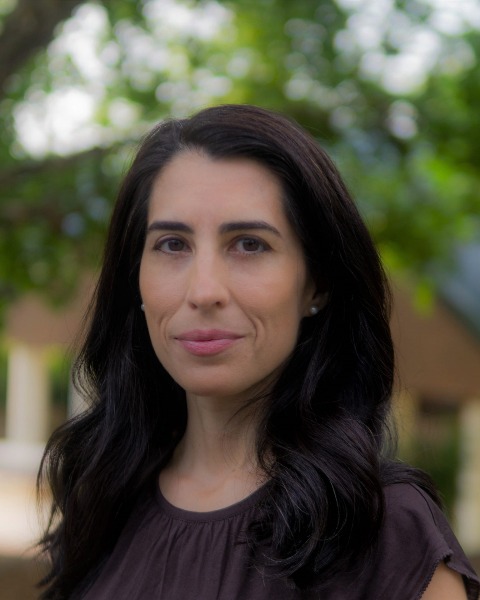
Gabriela Castro, MD
Assistant Professor
University of North Carolina at Chapel Hill
Dr. Gabriela Castro is an Assistant Professor of Family Medicine at the University of North Carolina School of Medicine at Chapel Hill. She is the program director for the UNC Family Medicine Residency's Federally Qualified Health Center Track in Siler City, NC. The focus of her work is integration of addiction care into rural primary care training and practice.
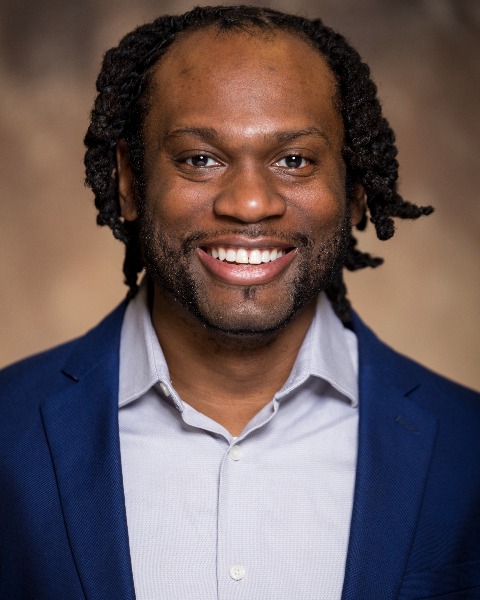
Orrin Ware, PhD, MPH, MSW
Assistant Professor
University of North Carolina
Orrin D. Ware, Ph.D., MPH, MSW, is an Assistant Professor at the University of North Carolina at Chapel Hill School of Social Work. After receiving his Ph.D. from the University of Maryland School of Social Work, he completed a National Institute on Drug Abuse (NIDA) T32 postdoctoral fellowship at the Johns Hopkins University School of Medicine Behavioral Pharmacology Research Unit.
Dr. Ware’s research examines substance use and substance use disorders. He is especially interested in substance use disorder treatment among those with co-occurring mental health disorders. He is interested in the whole gambit of substance use disorder treatment, from reducing barriers to treatment entry to improving outcomes for individuals after they are discharged from treatment. To answer his research questions, Dr. Ware uses large publicly available datasets, electronic medical records, and data captured by primary data collection. Dr. Ware uses his interdisciplinary background as an applied public health researcher and licensed clinical social worker to inform his research agenda.
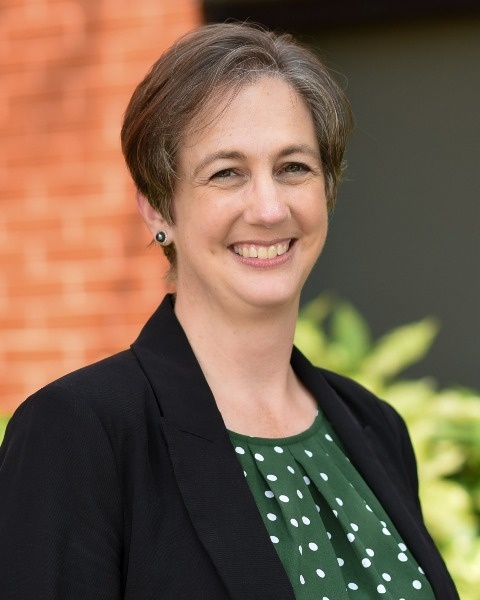
Robyn Jordan, MD, PhD
Associate Professor
University of North Carolina
Dr. Jordan is a Board-Certified Psychiatrist and Addiction Medicine Specialist and an Associate Professor in the UNC School of Medicine. She is the medical director of the UNC Addiction Medicine Program and created the UNC Addiction Fellowship, where she served as Program Director from 2018 – 2023. Dr. Jordan led an initiative for buprenorphine initiation in the UNC emergency department and developed an inpatient consult service for patients hospitalized with infection from IV drug use, reducing hospital readmissions for this population by 50%. She is now leading the NC STAR network, a statewide model for connecting addiction treatment providers across NC. Dr. Jordan remains committed to finding innovative way for improving access for addiction treatment to the residents of North Carolina.
Accreditation & Credit Designation Statements
Joint Accreditation Statement
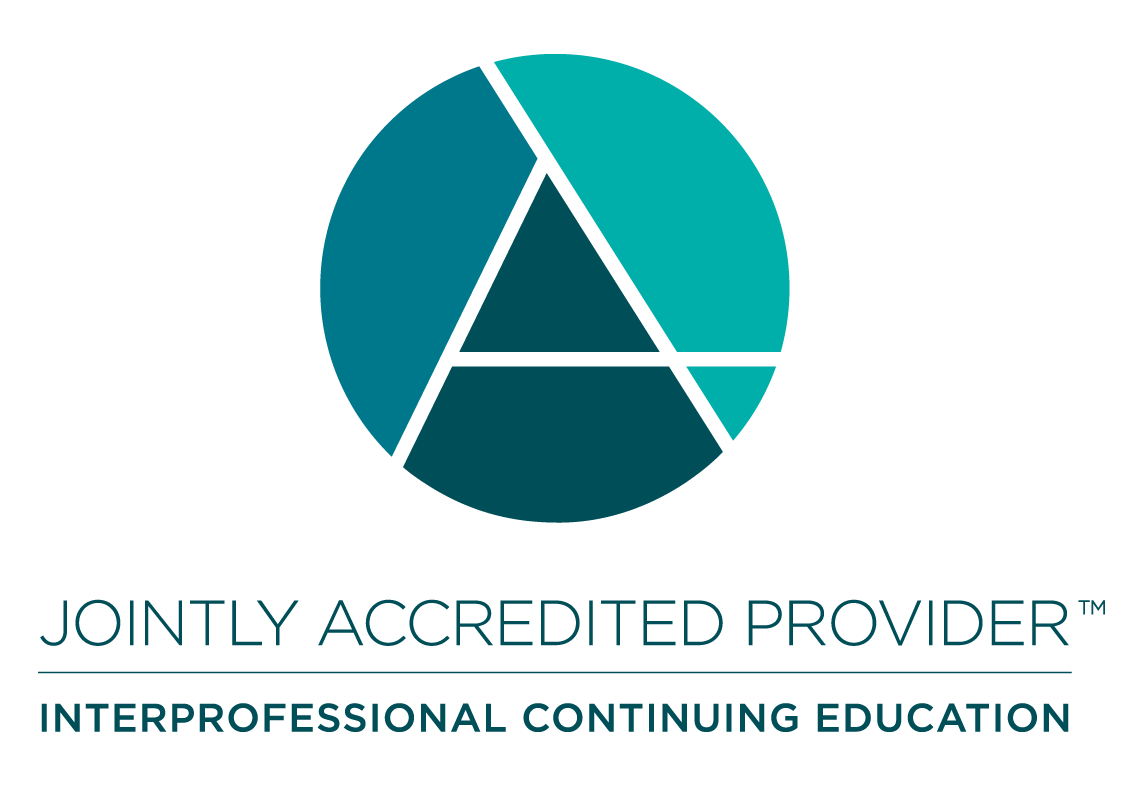
In support of improving patient care, the American Society of Addiction Medicine is jointly accredited by the Accreditation Council for Continuing Medical Education (ACCME), the Accreditation Council for Pharmacy Education (ACPE), and the American Nurses Credentialing Center (ANCC), to provide continuing education for the healthcare team.
Physicians
The American Society of Addiction Medicine designates this enduring material for a maximum of 1.25 AMA PRA Category 1 Credits™. Physicians should claim only the credit commensurate with the extent of their participation in the activity.
Nurses
This activity awards 1.25 Nursing contact hours.
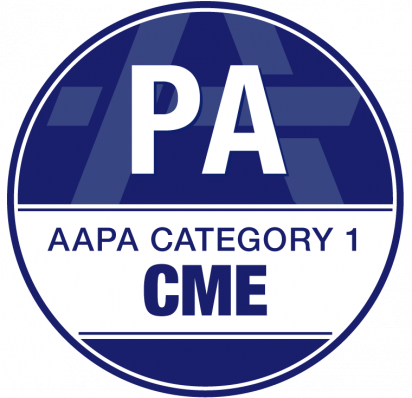
PAs
ASAM has been authorized by the American Academy of PAs (AAPA) to award AAPA Category 1 CME credit for activities planned in accordance with AAPA CME Criteria. This activity is designated for 1.25 AAPA Category 1 CME credits. Approval is valid until 05/06/2027. PAs should only claim credit commensurate with the extent of their participation.
Social Workers
As a Jointly Accredited Organization, ASAM is approved to offer social work continuing education by the Association of Social Work Boards (ASWB) Approved Continuing Education (ACE) program. Organizations, not individual courses, are approved under this program. Regulatory boards are the final authority on courses accepted for continuing education credit. Social workers completing this course receive 1.25 general continuing education credits.
IPCE Credit
This activity was planned by and for the healthcare team, and learners will receive 1.25 Interprofessional Continuing Education (IPCE) credits for learning and change.
California Association for Drug/Alcohol Educators (CAADE)
This educational program is approved by CAADE: #CP40 999 1225.
California Association of DUI Treatment Centers (CADTP)
This educational program is approved by CADTP: #205.
California Consortium of Addiction Programs and Professionals (CCAPP)
This educational program is approved by CCAPP: #OS-20-330-1224.
Continuing Education Credits (CEUs)
Upon completion of the activity and online evaluation, all other participants may request a certificate of participation. Participants may submit this certificate of participation to their professional organization/institute as documentation for completing this accredited continuing activity.
Maintenance of Certification (MOC) or Continuing Certification Programs (CCP)
This activity meets the requirements for MOC/CCP for the following primary physician boards and for state licensing CME requirements. MOC Credit is only reported for ABA, ABP, ABIM, and ABS. By completing the online credit application and evaluation, the learner permits ASAM to report credits to the appropriate Board. Learn more.
- American Board of Medical Specialties (ABMS)
- American Board of Preventive Medicine (ABPM)
- American Board of Internal Medicine (ABIM)
- American Board of Pediatrics (ABP)
- American Board of Surgery (ABS)
- American Board of Psychiatry and Neurology (ABPN)
- American Board of Addiction Medicine (ABAM)
- Royal College of Physicians and Surgeons of Canada (RCPSC)
- Through an agreement between the Accreditation Council for Continuing Medical Education and the Royal College of Physicians and Surgeons in Canada, medical practitioners participating in the Royal College MOC Program may record completion of accredited activities registered under the ACCME’s “CME in Support of MOC” program in Section 3 of the Royal College’s MOC Program.
Disclosure Information
In accordance with disclosure policies of ASAM and Joint Accreditation, the effort is made to ensure balance, independence, objectivity, and scientific rigor in all CME/CE activities. These policies include mitigating all relevant financial relationships with ineligible companies for the Planning Committees and Presenters. All activity Planning Committee members and Presenters have disclosed all financial relationship information. The ASAM CE Committee has reviewed these disclosures and determined that the relationships are not inappropriate in the context of their respective presentations and are not inconsistent with the educational goals and integrity of the activity. Click here to view the full disclosure listing.

